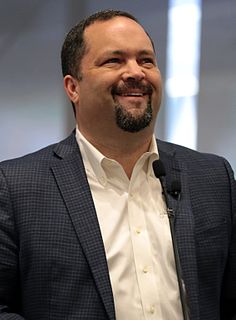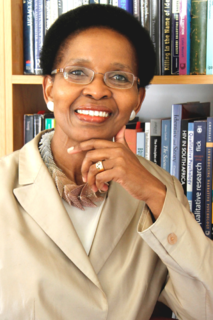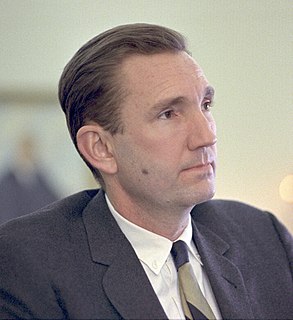A Quote by Benjamin Jealous
When you're smart on crime, you start off by recognizing that both the victim, first of all, the victim, but also the person who did the crime are both human.
Related Quotes
The main difference is, in 'Cold Case,' the victim sometimes had been dead for decades - you didn't have the advantage of being able to interview the victim. You had to piece together the circumstances surrounding the crime from witnesses and other evidence. 'SVU' is much more immediate in that you can talk to the victim.
Being a victim doesn't take much. There are built-in excuses for failure. Built-in excuses for being miserable. Built-in excuses for being angry all the time. No reason to trying to be happy; it's not possible. You're a victim. Victim of what? Well, you're a victim of derision. Well, you're a victim of America. You're a victim of America's past, or you're a victim of religion. You're a victim of bigotry, of homophobia, whatever. You're a victim of something. The Democrats got one for you. If you want to be a victim, call 'em up.
When the people who are in power want to use again, create an image, to justify something that's bad, they use the press. And they'll use the press to create a humanitarian image, for a devil, or a devil image for a humanitarian. They'll take a person who's a victim of the crime, and make it appear he's the criminal, and they'll take the criminal and make it appear that he's the victim of the crime.
If no one remembers a misdeed or names it publically, it remains invisible. To the observer, its victim is not a victim and its perpetrator is not a perpetrator; both are misperceived because the suffering of the one and the violence of the other go unseen. A double injustice occurs-the first when the original deed is done and the second when it disappears.
Our emotions may cry for vengeance in the wake of a horrible crime, but we know that killing the criminal will not undo the crime, will not prevent similar crimes by others, does not benefit the victim, destroys human life and brutalizes society. If we are to still violence, we must cherish life. Executions cheapen life.
That it is not enough to catch a criminal and get them convicted and so on, because the victim remains with the consequences of the crime. Something needs to be done. Let's complete that process, interact with civil society about this, so that we will specify what is it that we do in the context of that Charter that would then make this positive impact on people who might have been affected by crime.


































